Four months on, ‘war fatigue’ erodes West’s interest to help Ukraine
The protraction of war in Ukraine, which is now into its fourth month, could erode the West’s interest in helping the country in the face of Moscow’s military operation, officials and analysts say.
Top Ukrainian officials, including President Volodymyr Zelensky, have in recent days expressed fears that “war fatigue” could push Kiev’s Western allies away, giving Russia an advantage in the field.
“The fatigue is growing, people want some kind of outcome [that is beneficial] for themselves, and we want [another] outcome for ourselves,” Zelensky said on Friday, in a tone of exasperation.
The Ukrainian head of state’s remarks came in response to Western suggestions that he should mull over a compromise deal with Russia to avoid the conflict from dragging on.
Russia launched a military operation in Ukraine in late February, following Kiev’s failure to implement the terms of the Minsk agreements and Moscow’s recognition of the breakaway regions of Donetsk and Luhansk in eastern Ukraine.
At the time, Russian President Vladimir Putin said one of the goals of what he called a “special military operation” was to “de-Nazify” Ukraine.
In 2014, the two regions had declared themselves new republics, refusing to recognize Ukraine’s Western-backed government.
Ukraine has said it would decide its terms for peace, insisting that it would not only seek to retake the areas that have been overrun by Russia but also take back its Crimean peninsula which became part of Russia after a 2014 independence referendum.
Kiev has so far turned down an Italian peace proposal. It has also frowned on a suggestion by French President Emmanuel Macron, who recently urged against efforts at “humiliating Russia so when the fighting stops we can build a way out together via diplomatic paths.”
Volodymyr Fesenko, a political analyst with the Penta Center think tank, was quoted as saying by Associated Press (AP) that Russia is “determined to wear down the West”.
“It is obvious that Russia is determined to wear down the West and is now building its strategy on the assumption that Western countries will get tired and gradually begin to change their militant rhetoric to a more accommodating one,” Fesenko said.
The US and its allies have supplied a large cache of advanced weaponry to Kiev in a bid to prevent Russian advances, especially in the eastern parts of the war-torn country.
US President Joe Biden said last week that Washington will provide Ukraine with advanced rocket systems and munitions that will enable it to more precisely strike key targets on the battlefield.
But, experts believe the prolonging of war is likely to wear down Kiev’s Western allies, including the US, leaving the road open for Russian forces to seize full control of territories in east Ukraine.
‘European unity in peril’
What is also contributing to the war fatigue are domestic concerns for European states amid soaring energy prices and shortage of raw materials, which has begun to slowly bite people.
While European leaders had welcomed the decision to block 90 percent of Russian oil exports by the end of the year, it took weeks of hectic negotiations and a concession to Hungary to continue imports.
“It shows that unity in Europe is declining a bit on the Russian invasion,’’ Matteo Villa, an analyst with the ISPI think-tank in Milan, is quoted in the AP report.
“There is this kind of fatigue setting in among member states on finding new ways to sanction Russia, and clearly within the European Union there are some countries that are less and less willing to go on with sanctions.’’
Nigel Gould-Davies, senior fellow for Russia and Eurasia at the International Institute for Strategic Studies, said there are “hints of different tensions over what the West’s goals should be”, which he said have “not yet been clearly defined.”
A French presidential official, meanwhile, has said that European unity must not be compromised over a decision to give Ukraine candidate status to the European Union.
"We know that there are different sensitivities on the subject within the European Union," the official told reporters, as reported by Reuters.
"We will pay attention to the unity of the European Council. We believe also that the European Union must come out of this crisis in Ukraine stronger and must not come out weakened."
French President Emmanuel Macron last month suggested creating a "European political community" that would allow closer cooperation with countries seeking EU membership, irking Ukraine.
"The response to Ukraine's needs is not in a status, it is in policies and the demonstration of our solidarity," the French official is quoted as saying in the report.
"The worst (thing to do) would be basically if we gave a status to Ukraine and that 10 years, 20 years, 30 years, 40 years (later) and if I take the case of Turkey, almost 60 years later, we find that in fact, nothing has happened."
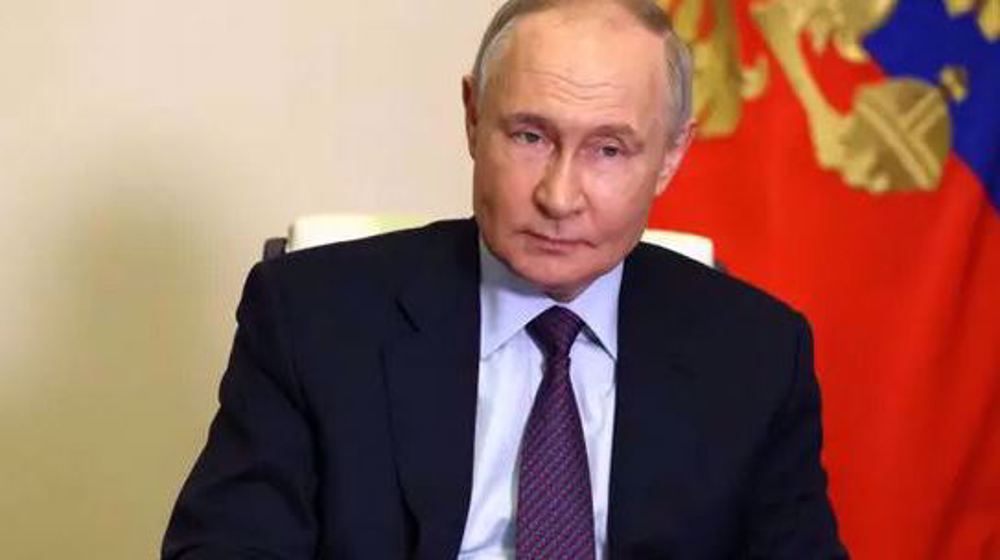
Putin orders surprise 3-day Ukraine war ceasefire in May
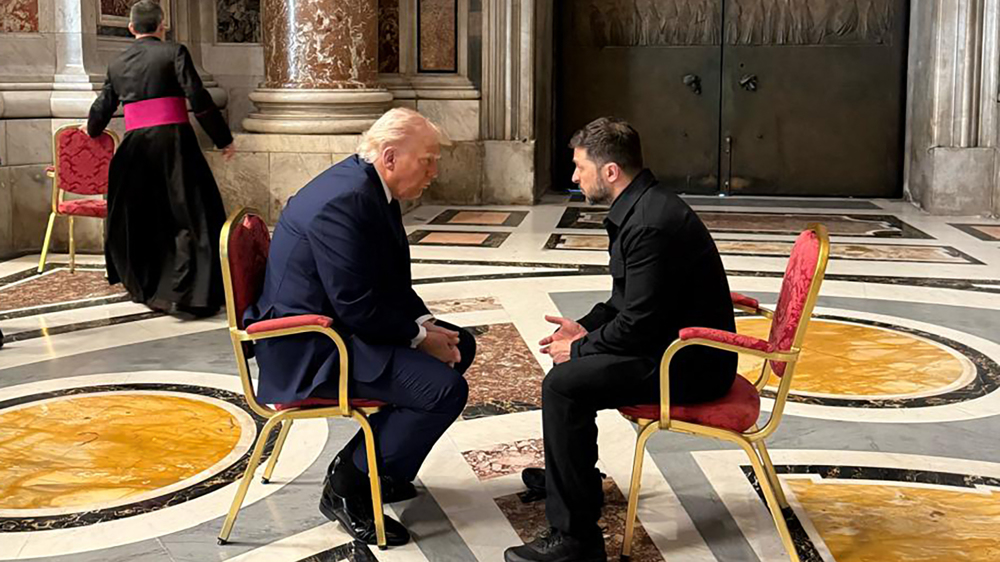
Trump, Zelensky hold 'productive' talks ahead of Pope's funeral in Rome
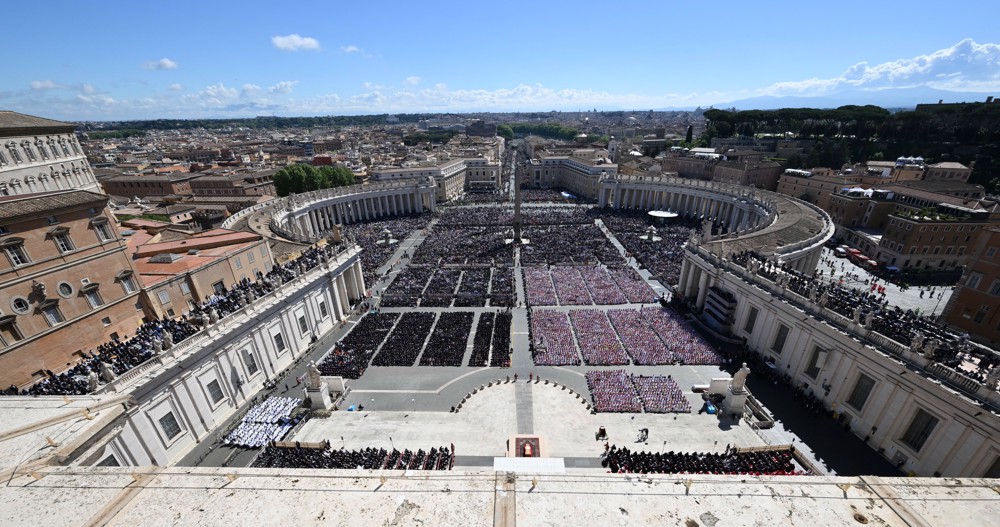
World leaders, mourners bid farewell to Pope Francis at funeral in Rome
Iran ‘fully ready’ to help Zimbabwe in its fight against terrorism: Defense minister
Yemen strikes US aircraft carrier, Israeli target in reprisal for deadly attacks
Tel Aviv flights permanently suspended: Virgin Atlantic
Pakistan says India military incursion ‘imminent’ as crisis deepens over Kashmir attack
US ‘brutality’ would not cover up its military failure in Yemen: Ansarullah spox
Israel using Gaza aid as ‘weapon of war’: Palestinian envoy to ICJ
VIDEO | Gazans suffer famine, deprived of basic goods
Putin orders surprise 3-day Ukraine war ceasefire in May


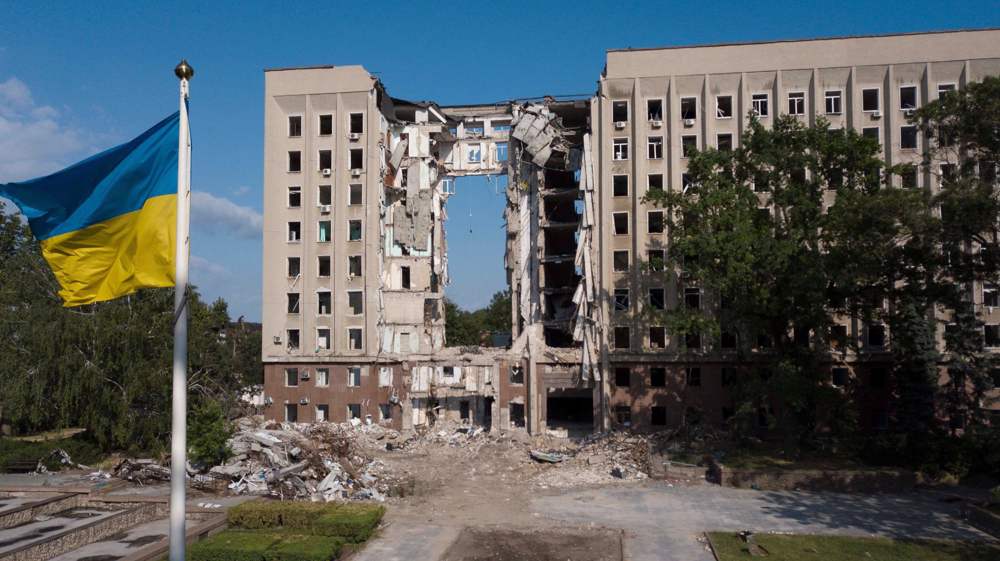
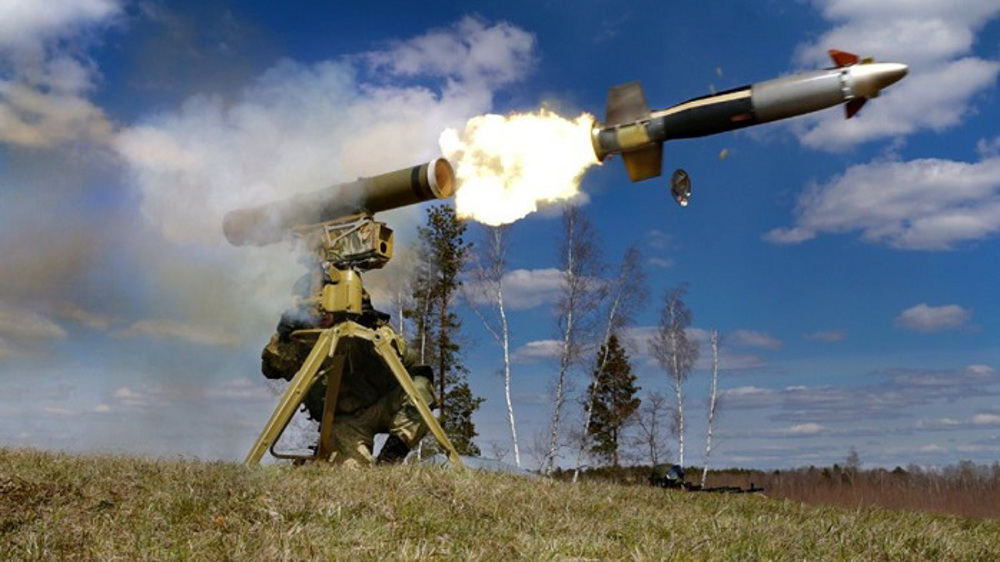



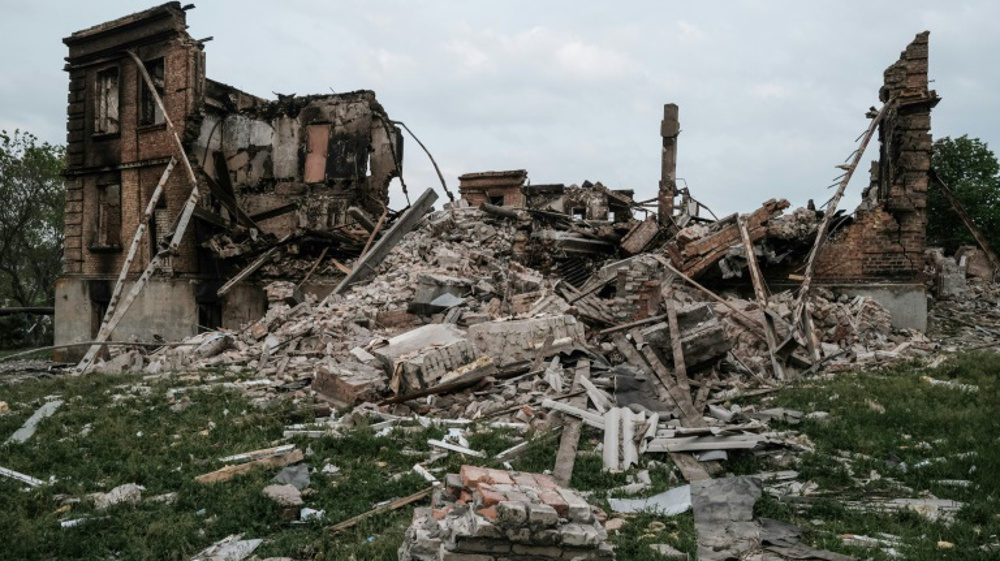
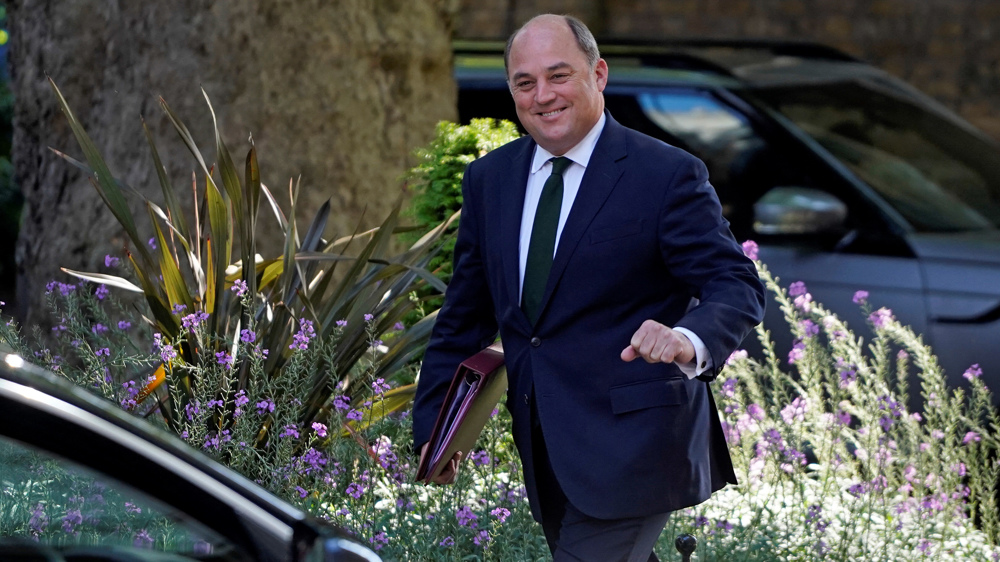
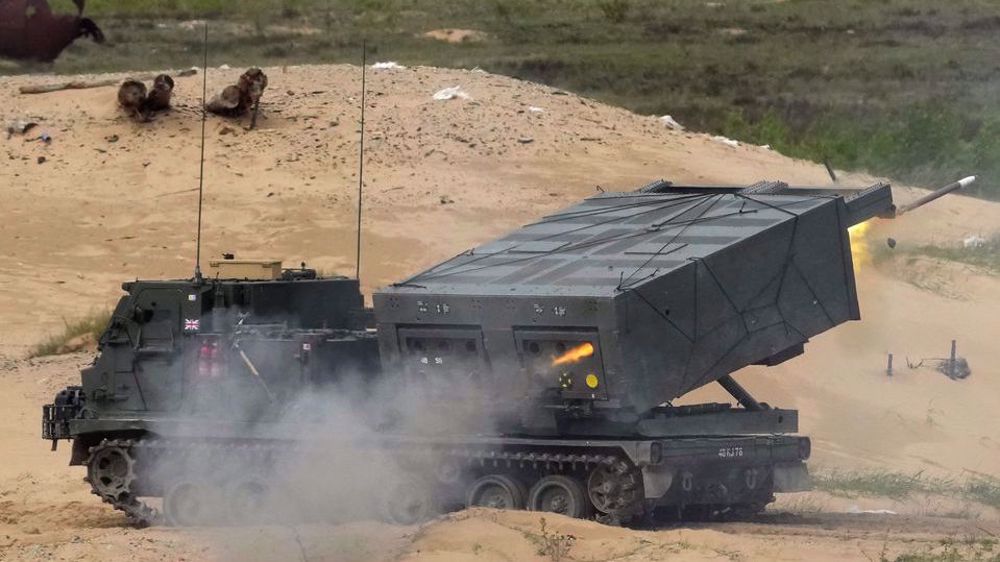

 This makes it easy to access the Press TV website
This makes it easy to access the Press TV website